- Home
- Blog
- Special Days
World Hepatitis Day: Know The 10 Most Important Facts About Hepatitis
Special Days
World Hepatitis Day: Know The 10 Most Important Facts About Hepatitis
By Apollo 24|7, Published on- 26 July 2022, Updated on -25 July 2023
Share this article
0
2 likes
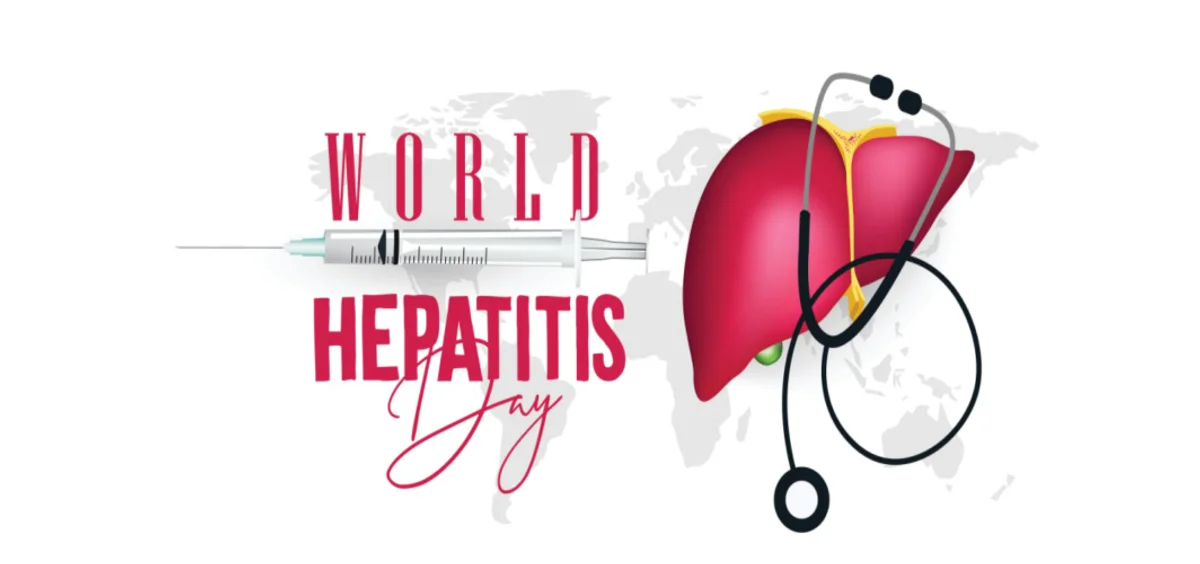
Statistics reveal more than 300 million people are currently living with hepatitis across the globe. You will be amazed to know Amitabh Bachchan, the famous Bollywood star, also contracted the Hepatitis B virus while undergoing treatment after trauma in 1982. But what is hepatitis? Hepatitis refers to the inflammation of the liver either due to viruses or other causes. Every year 28 July is observed as World Hepatitis Day to highlight the need to create awareness against the deadly disease and to provide hepatitis care to primary health facilities and communities. The article below explains the 10 most important facts about hepatitis in detail.
10 facts you should know about Hepatitis
1. What are the types of hepatitis?
The most common types of hepatitis that affect humans are A, B, C, D, E, autoimmune, and alcoholic hepatitis. Depending on the type, hepatitis infection can range from a mild disease that may last a few weeks, to a severe and life-long infection.
2. Which is the deadliest type of hepatitis? and why?
Out of all the strains, hepatitis C is the deadliest of all. Chronic hepatitis C infection can result in long-term, serious health issues such as liver damage, liver failure, cirrhosis (scarring in the liver), liver cancer, and even death.
3. What causes hepatitis?
While hepatitis can occur due to alcohol abuse, exposure to toxins, certain medicines, or some medical conditions, it is often caused by a virus. Hepatitis A and E are caused by consuming virus-contaminated food and water. However, hepatitis B, C, and D are transmitted through contact with the body fluids, such as blood or semen, of the infected person. Transmission of the virus through saliva is highly unlikely.
4. What are the symptoms of hepatitis?
In most cases, people do not exhibit any symptoms until the liver gets damaged or stops working. However, some of the common signs of hepatitis are:
- Persistent high-grade fever
- Pain in the muscles and joints
- Pain in abdomen
- Feeling of being sick
- Fatigue
- Loss of appetite
- Nausea and vomiting
- Diarrhoea
- Itching of skin
- Yellow-coloured eyes and skin (seen in jaundice)
- Dark yellow-coloured urine
- Grey-coloured faeces
More severe symptoms may include swelling in the legs, blood in vomit and stool, and a state of confusion.
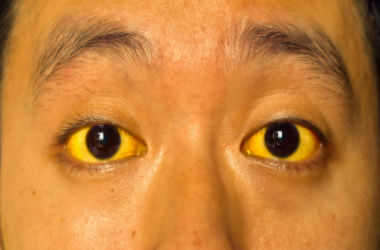
5. Is there any vaccination for hepatitis?
As of now, vaccination is available for only hepatitis A and hepatitis B. The hepatitis A and B vaccine is recommended for everyone including infants, adults, older people, and those at risk factors for infection.
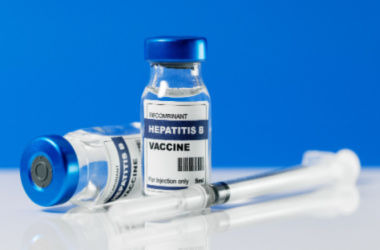
6. Who is at increased risk for hepatitis?
People who could be at increased risk for hepatitis are:
- Healthcare professionals including doctors, nurses, and lab technicians
- Those with a compromised immune system
- Those travelling to hepatitis-affected areas
- Those who require blood transfusion or regularly donate blood
- Those with HIV infection
- Children born to hepatitis-infected mothers
7. Are all types of hepatitis infectious?
Out of all the types, two strains of hepatitis; alcohol and autoimmune; are non-infectious, which means that they cannot be spread from one person to the other. While alcoholic hepatitis occurs in people who drink excessive amounts of alcohol for many years, autoimmune hepatitis occurs when the immune cells of the body start attacking the liver, till it gets completely damaged and stops working.
8. How is hepatitis tested?
Viral hepatitis, such as hepatitis A, B, and C, are usually diagnosed with the help of physical examinations and blood exams. Blood tests that may help diagnose hepatitis include Prothrombin time, antibody, antigen, Alanine Transaminase (ALT), Aspartate aminotransferase (AST), Alkaline phosphatase (ALP), Serum Albumin, and bilirubin test. In some cases, other tests such as ultrasound, CAT scan, and a liver biopsy are also performed to confirm the diagnosis.
9. Are people with hepatitis at risk for cancer?
Statistics reveal people suffering from hepatitis B are at increased risk of developing liver cancer. While it may not exhibit any symptoms, regular screening or an ultrasound every 6 months can help detect any cancerous change at an early stage.
10. How to prevent hepatitis?
Apart from getting vaccinated for hepatitis A and B, measures that may help reduce the risk of hepatitis include:
- Avoiding the consumption of unfiltered water
- Using protective barriers such as condoms and dental dams while having sex
- Avoiding the intake of raw foods
- Avoiding sharing toothbrushes, razors, intimate products, or any hygiene-related products with others
- Taking precautions while getting a tattoo or piercing done
- Avoiding sharing or reusing needles
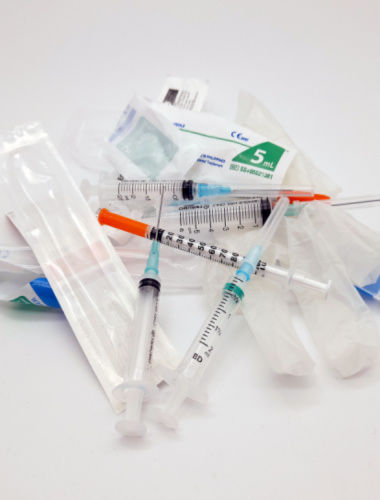
If diagnosed early, most strains of hepatitis can be treated efficiently, thereby relieving the symptoms and improving the quality of life. For more information,
Services
Special Days
Leave Comment
Services
Recommended for you

Special Days
How To Prevent Hearing Loss?
Hearing loss can be slow. However, if it goes unnoticed for a long period, the person may experience difficulty in communicating with others, which may result in poor quality of life.
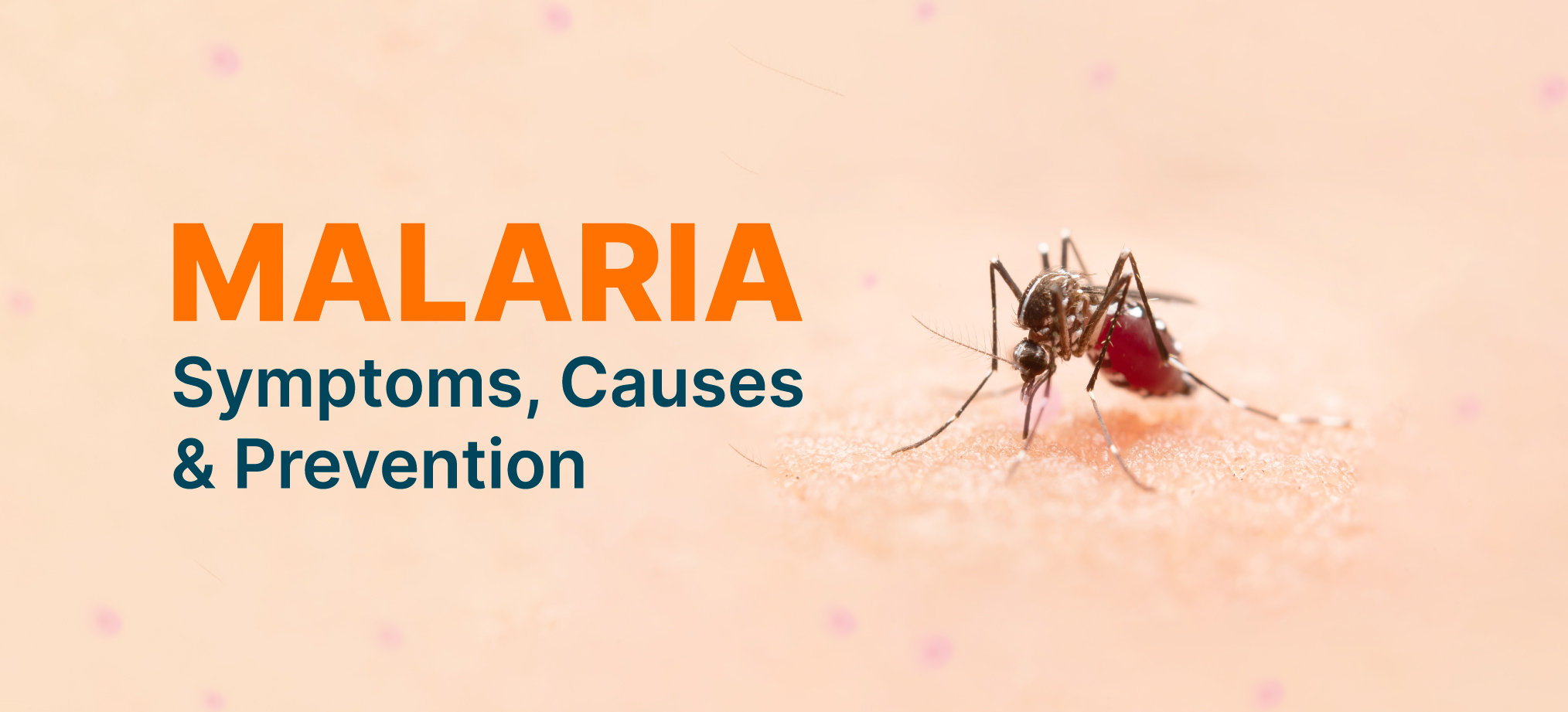
Special Days
Can A Mosquito Kill?: All You Need To Know About Malaria And Its Prevention
Malaria is a potentially life-threatening disease caused by a mosquito bite. Read to know how it can be prevented and treated effectively.

Special Days
World Liver Day: Time To Take Care Of Your Detox Center
The liver is a vital organ that performs several biological functions. Read about the most common liver diseases, which if left untreated, may result in serious consequences.
Subscribe
Sign up for our free Health Library Daily Newsletter
Get doctor-approved health tips, news, and more.

